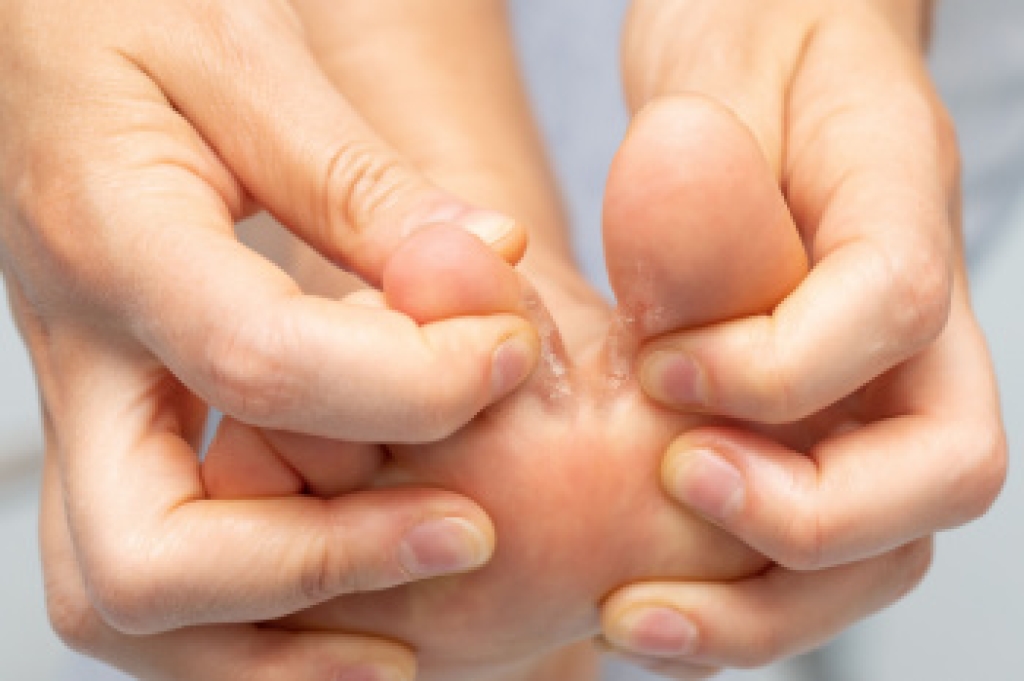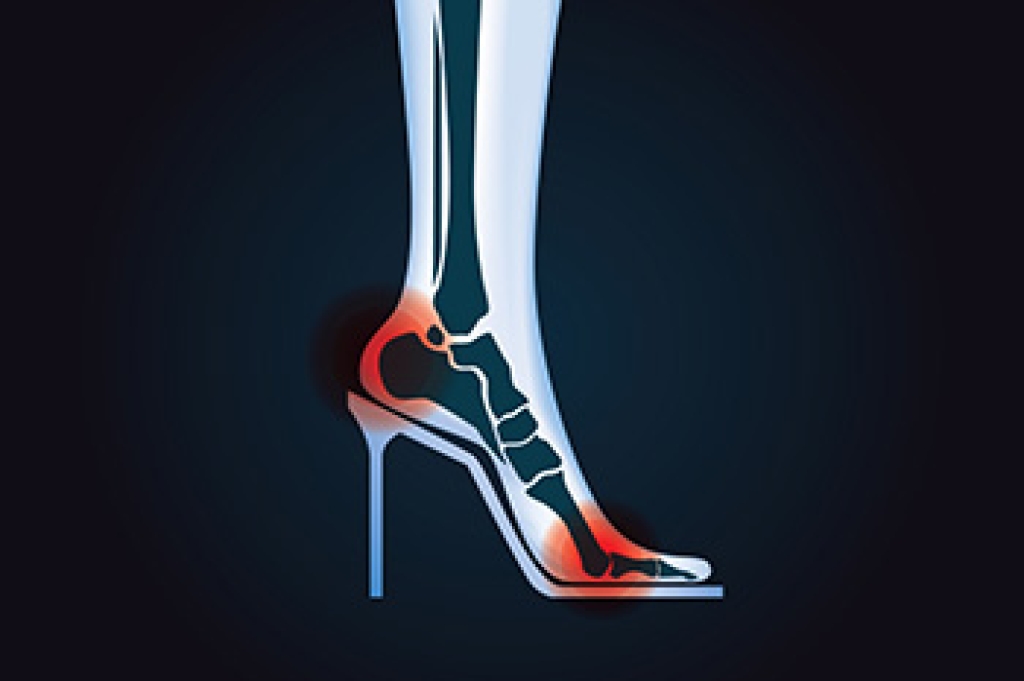
The Achilles tendon is the largest tendon in the body and is essential for walking, running, and jumping. Unfortunately, it is also prone to several common injuries. Achilles tendinitis occurs when the tendon becomes inflamed from overuse or repetitive stress, often causing pain and stiffness at the back of the ankle. Another injury is Achilles tendinosis, which involves degeneration and thickening of the tendon over time. More serious injuries include partial tears or a complete rupture of the tendon, which can happen suddenly during sports or physical activity. Symptoms of Achilles injuries include pain, swelling, tenderness, and difficulty walking. Ignoring early warning signs can lead to more serious problems. If you are experiencing Achilles tendon pain, it is suggested that you see a podiatrist for a proper diagnosis and appropriate treatment.
Achilles tendon injuries need immediate attention to avoid future complications. If you have any concerns, contact Chuc Dang, DPM of California . Our doctor can provide the care you need to keep you pain-free and on your feet.
What Is the Achilles Tendon?
The Achilles tendon is a tendon that connects the lower leg muscles and calf to the heel of the foot. It is the strongest tendon in the human body and is essential for making movement possible. Because this tendon is such an integral part of the body, any injuries to it can create immense difficulties and should immediately be presented to a doctor.
What Are the Symptoms of an Achilles Tendon Injury?
There are various types of injuries that can affect the Achilles tendon. The two most common injuries are Achilles tendinitis and ruptures of the tendon.
Achilles Tendinitis Symptoms
- Inflammation
- Dull to severe pain
- Increased blood flow to the tendon
- Thickening of the tendon
Rupture Symptoms
- Extreme pain and swelling in the foot
- Total immobility
Treatment and Prevention
Achilles tendon injuries are diagnosed by a thorough physical evaluation, which can include an MRI. Treatment involves rest, physical therapy, and in some cases, surgery. However, various preventative measures can be taken to avoid these injuries, such as:
- Thorough stretching of the tendon before and after exercise
- Strengthening exercises like calf raises, squats, leg curls, leg extensions, leg raises, lunges, and leg presses
If you have any questions please feel free to contact our office located in Westminster, CA . We offer the newest diagnostic tools and technology to treat your foot and ankle needs.



